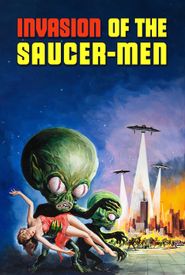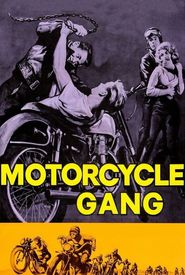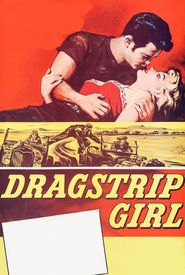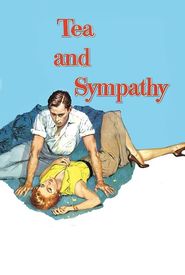Steven Terrell, originally known as Everett Lee McCan Jr., entered the realm of motion pictures and television in 1953, adopting the stage name Steve Terrell. This pivotal moment marked the beginning of a new chapter in his life. On April 11, 1954, he entered into a lifelong commitment with Else Gieske Walton, with whom he would share a deep and abiding love. Together, they welcomed two precious children into their family, bringing immense joy and fulfillment to their lives. However, in 1963, Steven made the courageous decision to depart from the entertainment industry, leaving behind the glamour and glitz of Hollywood. Instead, he devoted himself to his Lord and Savior, Jesus Christ, as proclaimed in the sacred text of Galatians 2:20. This profound transformation had a profound impact on his life, guiding him towards a path of spiritual growth and enlightenment.
As a direct result of his profound spiritual awakening, Steven was inspired to embark on a journey of academic enrichment, culminating in the attainment of a Bachelor of Arts degree in Christian Education, a testament to his intellectual curiosity and desire for personal growth. His academic endeavors did not cease there, as he subsequently pursued and earned a Master of Arts degree in Theatre Arts, with a specific focus on Directing and Playwriting, a reflection of his passion for the performing arts and his aspiration to hone his skills as a creative force in the theatre community. Following the completion of his graduate studies, Steven dedicated himself to sharing his knowledge and expertise with others, serving as a professor of Speech and Theatre at two esteemed Christian universities, where he played a pivotal role in shaping the minds and talents of future generations of artists and educators.
In the year 1972, Steven made the pivotal decision to depart from the academic environment and embark on a new venture, founding a revolutionary street theatre troupe in the vibrant city of San Diego, located in the state of California. Initially, the company, which would later come to be known as Lamb's Players, focused its creative energies on producing innovative modern morality plays that drew inspiration from the medieval era. However, as the troupe's artistic scope continued to expand, it began to incorporate a variety of new elements, including a thriving puppet theatre, a skilled mime troupe, and a dynamic dance company. Ultimately, this growth and diversification culminated in the establishment of a resident theatre, thereby solidifying Lamb's Players' unwavering commitment to sharing the profound Good News of Jesus Christ with the world at large.
























